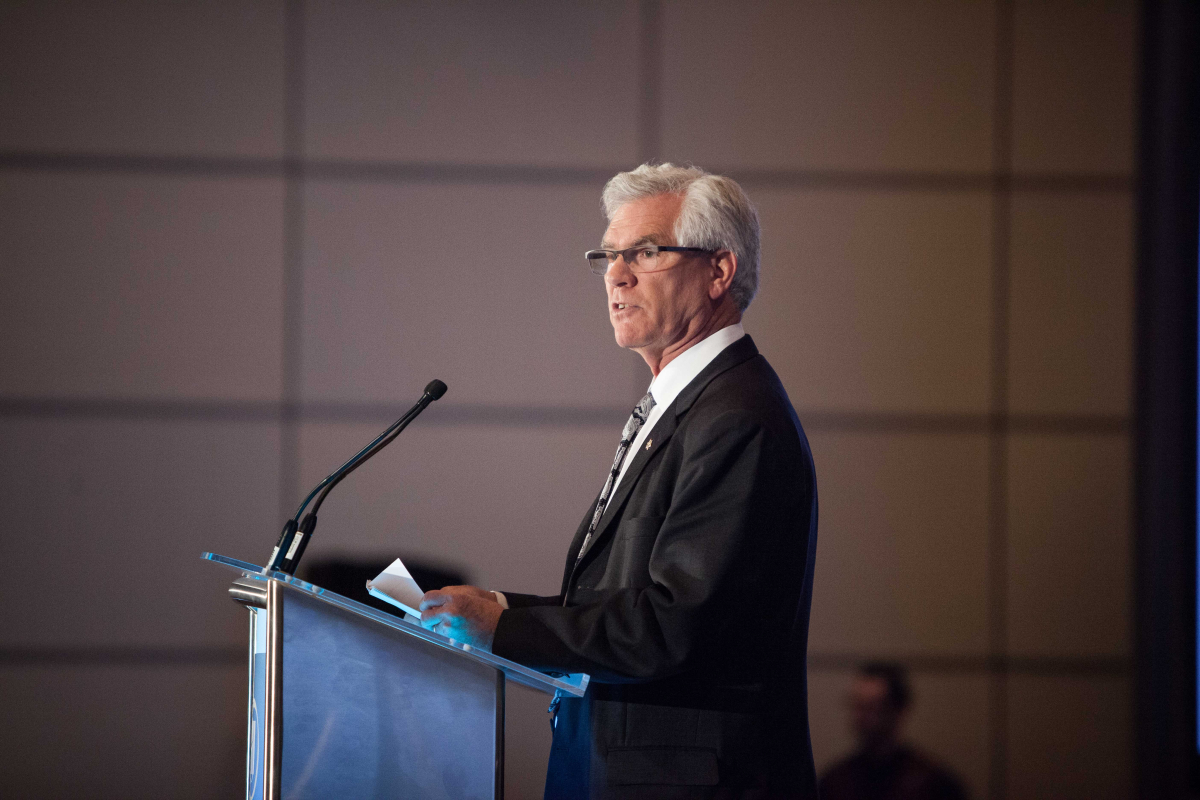Support strong Canadian climate journalism for 2025
Global trade impacts the lives of middle-class Canadians every day. From the blueberries you put in your oatmeal in the morning to the mackerel you cook at night for dinner, Canadians are very much a part of important global relationships that impact the lives of millions of people around the world every day.
As we mark the first anniversary of the signing of the Canada European Union Comprehensive Economic and Trade Agreement (CETA) on Sept. 21, I would like to reflect on how this agreement is creating more well-paying jobs in Canada and lower living costs for middle class Canadians.
CETA is a trade agreement between Canada and the European Union (EU) that at its core, lowers tariffs and opens access. That means Canadians benefit from greater choice and more buyers for the goods we make every day and services we can provide, from information and communications technology to transportation engineering.
CETA goes further still by addressing things such as labour standards, the removal of unnecessary regulatory requirements, automation of border procedures, and many other factors that shape how Canada trades with the EU. Taken together, CETA makes it easier for the first-time or would-be exporter to crack into the lucrative European market and grow.
In just one year since signing CETA, we have seen 98 per cent of all tariffs between Canada and the EU become duty free. That is real change for Canadian families who now don't have to pay the extra taxes on imported goods. But it isn’t just real change for consumers; it is also real change for Canadian businesses. At the Port of Montreal alone, we have seen 20 per cent more traffic in goods headed across the Atlantic.
This enormous step in growth for Canada and the EU has been the reason why new shipping lanes have been added to accommodate container traffic. When 9,000 tariff lines drop to zero, workers and farmers, entrepreneurs and artisans can compete and succeed with anyone based in Europe, a market of over 500 million consumers.
'Our government will not settle for any deal'
Canada's success depends on our government's ability to diversify trade. The EU is the world's second largest economy and Canada's second largest trading partner after the United States. As we look to our neighbour to the south and the intensifying trade situation we find ourselves in, it is evident that Canadian jobs and Canadian families depend on the success of CETA.
Canada’s success also depends on doing trade differently. The Opposition favours the speed of the status quo approach, but we all know that has left far too many on the sidelines, ill-equipped or unable to take advantage of new access to more markets.
Our government will not settle for any deal. We want the right deal and will do the work necessary to get it.
CETA ensures that increased trade workers’ rights and environmental protections are enhanced and protected and that small and medium-sized businesses gain meaningful access to procurement and sales across the EU.
We got CETA signed by thinking about what would make that budding entrepreneur, small business owner, farmer or manufacturer better equipped to compete and succeed.
We will continue to keep Canadians and Canadian businesses in mind when we are working to expand trade diversification. It is our job to open more doors and make sure that Canadians have access to global markets. CETA paves the way for new customers, clients and the good middle class jobs that come with it.






Comments